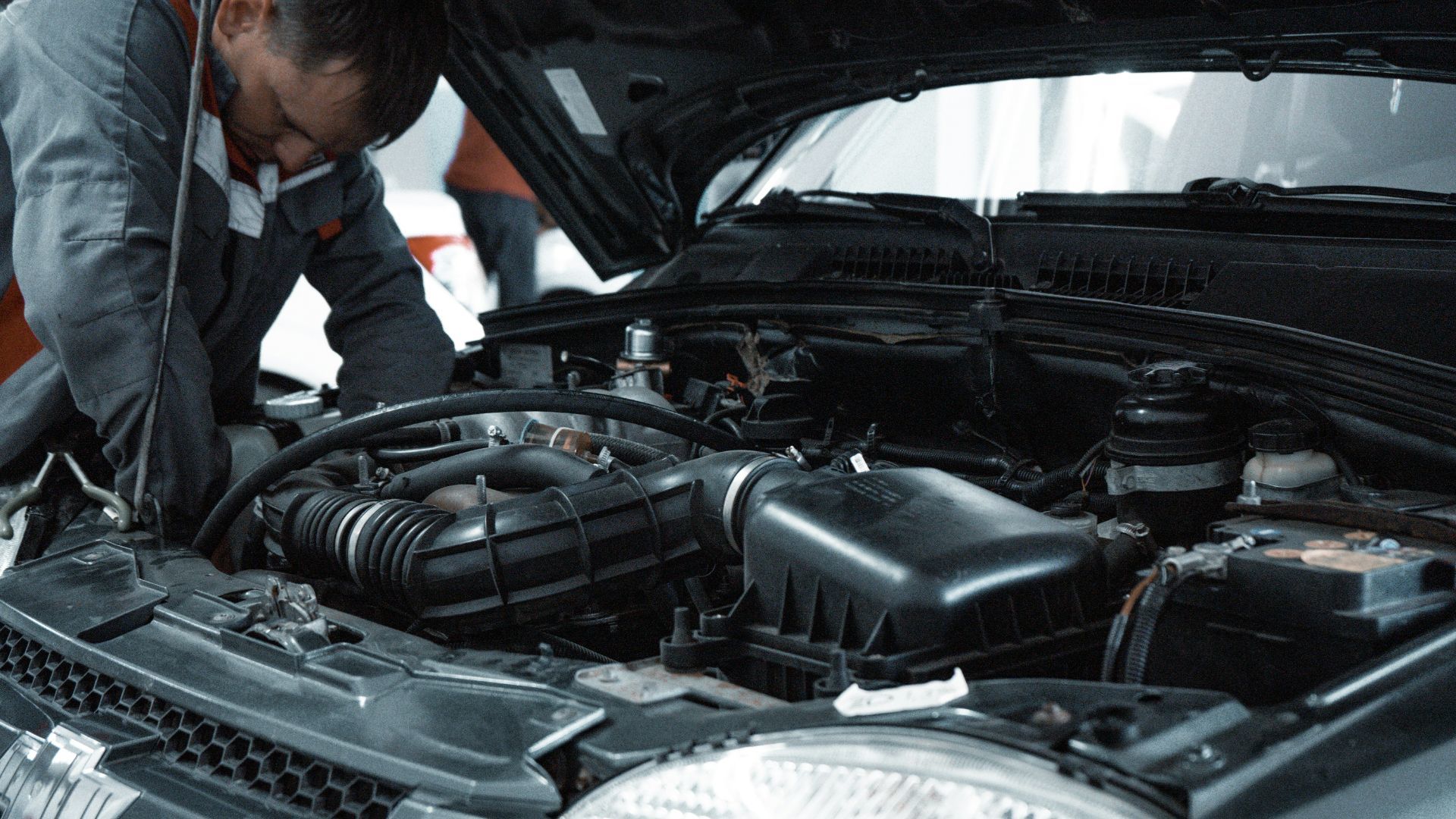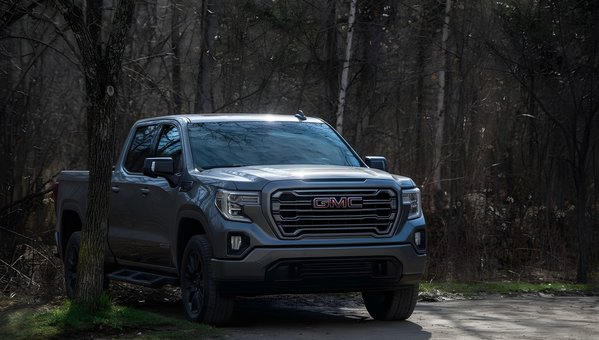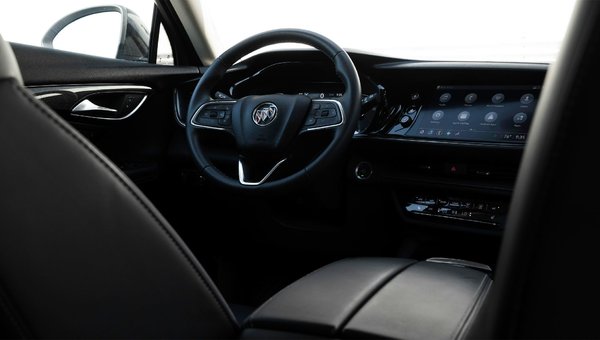Automotive Maintenance and Repairs in Quebec: Everything You Need to Know
April 15 2025, Clément Sentein

Introduction
In Quebec, varying climates and extensive road networks demand special attention when it comes to vehicle maintenance and repairs. With winter precipitation, summer heat, and long distances to travel, your car’s durability and safety depend heavily on consistent upkeep. From oil changes to winter prep, every step matters. This article provides a comprehensive overview to help you extend your car’s lifespan and avoid unexpected issues on Quebec’s roads.
The Basics of Periodic Maintenance
Periodic Auto Maintenance: How Often?
Quebec’s harsh climate greatly influences recommended maintenance frequency. Generally, a newer or well-maintained vehicle requires a checkup every 6 to 12 months or every 8,000 to 12,000 km, depending on the manufacturer’s schedule. Some tasks (oil changes, fluid checks) may be more frequent, while others (e.g., air filter replacement) depend on real-world conditions and the automaker’s recommendations.
Maintaining a New Car According to Manufacturer Guidelines
If you’ve purchased a new car, it’s critical to follow the manufacturer’s maintenance schedule closely. Benefits include:
- Preserved warranty coverage, since failure to adhere to official recommendations could void certain repair claims.
- Scheduled interventions for mechanical and bodywork checks, such as cabin filter inspections, transmission fluid changes, and spark plug evaluations.
- Accurate tracking of mileage and parts that may need preventive replacement.
By staying on this schedule, you’ll prolong your vehicle’s lifespan and maintain higher resale value.
Oil Changes and Other Essential Fluids
Oil Change: Why and When?
Typically carried out every 5,000 to 10,000 km (depending on the oil type and vehicle model), a regular oil change is crucial for engine lubrication. It prolongs internal parts’ longevity and prevents overheating or premature wear. Some shops offer quick service (e.g., an oil change in Amos for local or passing motorists), but any qualified mechanic across Quebec can handle this task.
Warning Sign: If your oil indicator lights up on the dashboard or your oil level drops rapidly, consult a mechanic immediately.
Seasonal Maintenance: Before winter, check your oil level and consider using synthetic oil with a viscosity suited to Quebec’s cold climate.
Brake Fluid Flush Interval
Brake fluid often receives less attention than engine oil but is equally vital for safety. Over time, moisture can accumulate in the brake fluid, reducing its effectiveness and potentially causing corrosion. Intervals vary by automaker, but generally, a flush is recommended every 2 years or 40,000 km.
Why? Contaminated fluid heats up faster, leading to longer stopping distances.
Signs of Wear: A spongy brake pedal, reduced braking power, or unusual noises when applying the brakes.
Spotlight on Wear Parts and Common Repairs
When to Change the Engine Air Filter?
The air filter traps dust and impurities before they enter the combustion chamber. A clogged filter hinders performance and increases fuel consumption. In Quebec, where roads can be dusty (thaw season, summer construction), annual replacement or every 20,000 km is generally advised.
Symptoms: Noticeable power loss, sudden rise in fuel use, or erratic idling could indicate a dirty filter.
Brake Replacement Costs in Quebec
Brakes (pads and rotors) are wear items that must be changed once thickness drops below the manufacturer’s minimum. In Quebec, costs depend on:
- Vehicle type (small car vs. large SUV)
- Material choice (standard pads, ceramic, performance)
- Labor rates at the chosen garage
Replacing front pads alone typically ranges from $150 to $300, including labor, while changing both rotors and pads can climb to $400 or more.
To extend brake system life, keep an eye on pad thickness and schedule an inspection around 100,000 km for rotor checks.
ABS Brake Maintenance Tips
The ABS (Antilock Braking System) prevents wheel lock-up during sudden braking, reducing loss of control on slippery surfaces.
- Basic Care: Check fluid levels, run a vehicle scan for error codes, and monitor wheel sensors.
- Common Issues: Lit ABS warning light, metallic brake noises, exaggerated pedal pulsation.
- Solution: An automotive electronic diagnostic will pinpoint if the problem lies in a sensor or the ABS module.
Dealing with Breakdowns and Part Replacements
Cold Weather Start-Up Problems: Solutions
In winter, cars often struggle to start, especially if the battery is weak or the starter is worn. Below are some tips:
- Auto Battery Replacement: In Quebec, most batteries last about 4–5 years.
- Glow Plugs (Diesel): For diesel drivers, test glow plug performance before winter.
- Jumper Cables: Keep a set in your trunk for emergencies.
In a total breakdown, some shops offer mobile service. Check the auto mechanic hourly rate in Quebec, usually $90–$150/hour depending on region.
Repair or Replace a Car Part: How to Decide?
Balancing repair costs against the vehicle’s remaining value is crucial. Major components like the engine or transmission can cost thousands to replace.
- Get multiple quotes for repair costs.
- Compare your car’s used market value.
- Consider upcoming maintenance (clutch wear, rust).
- If you have GM repair warranty or coverage from another automaker, check if certain parts are included.
When total repair bills exceed the car’s residual value, replacement is often more sensible.
Transmission, A/C, and Bodywork
Transmission Repair: Key Points
The transmission (manual or automatic) connects the engine to the wheels. Signs of malfunction include:
- Slipping gears in an automatic when accelerating
- Difficulty or grinding when shifting in a manual
- Fluid leaks under the vehicle
In Quebec, repair costs range from a few hundred to several thousand dollars, depending on severity. Look for specialized transmission shops, especially for American brands like Chevrolet, for expert service.
Automotive Air Conditioning Maintenance
Contrary to popular belief, A/C is also useful in winter for defogging the windshield. Tips to keep it in good condition:
- Run the A/C for a few minutes weekly, even in colder months.
- Change the cabin filter regularly.
- Recharge the refrigerant if cooling performance drops.
Bodywork and Dent Repair Services
Between road salt and loose gravel, Quebec’s roads can be tough on your car’s paint. A visit to a body shop may be necessary to prevent rust, especially if you spot scratches or chips.
Seasonal Tips and Preventive Maintenance
Seasonal Car Maintenance (Winter/Summer)
Quebec law mandates winter tires before December 1. Many drivers schedule other seasonal maintenance at the same time:
- Coolant system check (antifreeze levels).
- Oil change with viscosity suited to cold weather.
- Inspect wiper blades (use winter-grade blades).
- Brake check, as winter conditions put extra strain on braking systems.
Preparing Your Car for Winter (Comprehensive Check)
With harsh winter weather, a thorough check is recommended:
- Assess engine warm-up times and coolant levels.
- Test the battery if it’s older than 3 years.
- Evaluate winter tires (tread depth of at least 4.8 mm).
- Lubricate door seals to prevent freezing.
A professional inspection can detect common cold-weather failures (starter, alternator, spark plugs) early.
Electronic Checks, Diagnostics, and Troubleshooting
Why Is Automotive Electronic Diagnostics Useful?
Modern vehicles have numerous sensors and electronic modules (fuel injection, ABS, traction control, air conditioning...). If a warning light appears, a computerized diagnostic can:
- Access error codes stored in the control unit
- Identify the underlying issue (defective sensor, failed ABS module, etc.)
- Enable targeted repairs, avoiding unnecessary part replacements
Auto Battery Replacement and Roadside Help
It’s advisable to test your battery before winter sets in. Many garages have a tester that assesses cranking amps and overall battery health.
- Preventive Replacement: Install a new battery once performance drops.
- Roadside Assistance: Some services in Quebec offer on-site battery replacement, which can cost more but saves you from towing.
After 100,000 km: The Essential Checklist
Maintenance After 100,000 km: What to Check?
Hitting 100,000 km is a major milestone for most cars. An in-depth inspection is recommended:
- Timing System: Belt or chain inspection/replacement.
- Transmission: Fluid change, filter swap, leak check.
- Cooling System: Radiator, hoses, thermostat.
- Brakes and Shock Absorbers: Potentially advanced wear.
- Sensors (like the oxygen sensor) that might be nearing end-of-life.
Road damage, salt usage... these factors accelerate wear. A detailed check saves you from unpleasant surprises.
Rates, Warranties, and Other Key Points
Auto Mechanic Hourly Rates in Quebec
Hourly rates vary based on location and task complexity:
- $90–$110 at a medium-sized independent shop.
- Up to $150 or more at specialized dealerships or premium garages.
Always request a detailed estimate to avoid any surprises.
GM Repairs Warranty (Parts and Labor)
For Chevrolet or GMC owners, original parts (e.g., AC Delco) may come with a warranty. Ensure:
- Repairs are completed at a certified shop.
- You use genuine GM parts.
- You keep invoices or proof of purchase.
Labor may also be covered, depending on the repair category (engine, transmission, brakes). Verify your eligibility for this extended warranty.
Conclusion: Maintenance and Repairs in Quebec
From seasonal maintenance and regular oil changes to checking crucial parts (brakes, air filters, batteries), periodic auto upkeep is essential for safe driving in Quebec. Challenging weather, in both winter and summer, speeds up wear on key components. Whether you own a new car following the manufacturer’s plan or an older vehicle needing occasional fixes (transmission, A/C, bodywork), detecting and addressing issues early is paramount.
By applying the highlighted tips—electronic diagnostics, ABS checks, fluid monitoring— you’ll boost your vehicle’s reliability and lifespan. And wherever you live, you can easily find specialists for battery replacement or brake repairs. Before scheduling any work, learn about hourly rates and check if original part warranties apply. You’ll then be ready to hit Quebec’s roads with confidence, no matter the season!





